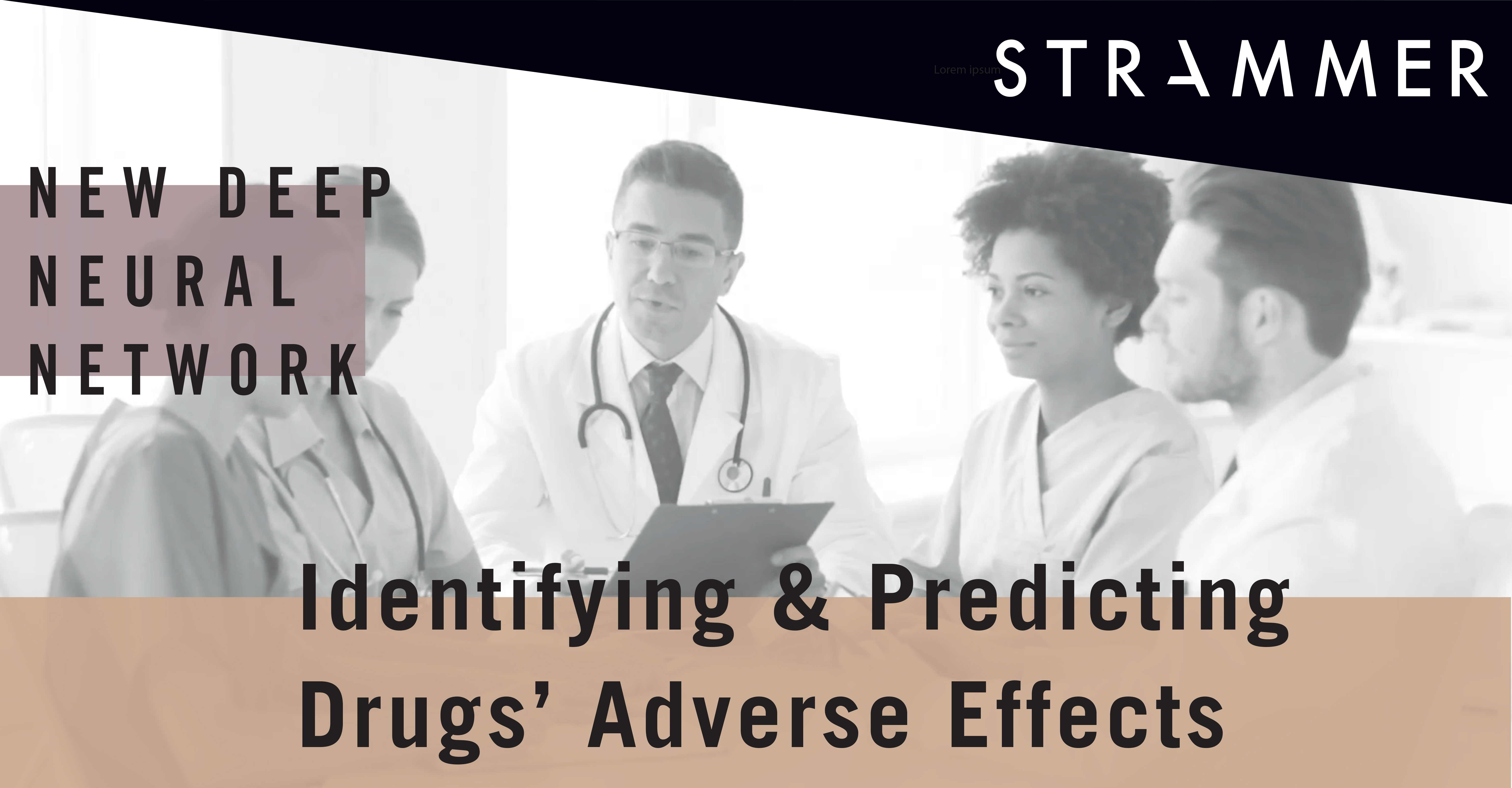Advanced Neural Model Foresees Negative Drug Effects
The pharmaceutical industry without its medicinal products is an industry not worth its name. The simple fact is that patients need medication or some type of support on a medication regime and in some cases, their livelihood depends heavily on it. While there is no dispute over the importance of medicinal products, a reoccurring issue lies in their adverse effects, which have brought mixed reviews.
Some health professionals praise its significance, others revolt against the very notion. In recent years, studies have shown that despite certain types of drugs eradicating different types of diseases, there are people who still distrust them. For example, while there has been a long withstanding movement promoting anti-vaccinations in popular cities in the United States, some European countries, every year, strongly advocate the awareness of immunization for people’s wellbeing and health. However, is this resilience to medication worth risking the lives of others because of the fear of its negative effects?
To address these concerns, a team of researchers at Taiwan’s National Cheng Kung University has developed a new deep neural network or DNN model in hopes of identifying and predicting the adverse effects of existing and future drugs. The model uses a statistical format to analyse the negative effects of 746 existing medical drugs and 232 new ones. It further examined the chemical and biological information of certain drugs and how they stood within the pharmaceutical market during a period of time.
This solution can also bring light to other issues, like prescribing and administering medical drugs. For example, physicians and pharmacists are often at times obligated to respond to patients’ questions and needs regarding access to the information on their prescribed medication. Consequently, medicine can only be deemed clinically safe and beneficial when consumed correctly. Reducing the risk of an adverse drug reaction is incumbent on this and hence, the DNN model would be proven most ideal as it can monitor and evaluate the risk of side effects.
In addition, and most importantly, the new model can potentially save lives and decrease the chances of a false prognosis and medical error. There are also the financial benefits that comes with this as developing and creating new drugs is quite a lengthy and costly procedure.
Lead researcher Jung-Hsien Chiang commented:
“Developing new drugs costs a lot of money and time. If the pharmaceutical companies can get the additional information during the new drug development stage through our DNN model, it can help them to make a safer drug and reduce the risk when it launches to market.”
To stay relevant, the new DNN model will need to incorporate continuous medical information and literature to expand its drug database. Furthermore, in the coming years, more research will have to be done to maintain data accuracy and be one step ahead in terms of protecting patient’s health through the safe practice of pharmacovigilance.
References:
- New Deep Neural Network Model Can Predict Adverse Drug Reactions, Aprils 2019, InsideDigitalHealth
- Side-effects not fully reported in more than 30 percent of healthcare reviews, February 2019, Science Daily
- Adverse drug reactions. 2016, Clinical Medicine
- Patients’ expectations of medicines – a review and qualitative synthesis, Feb 2015, NCBI
- The Long History of America’s Anti-Vaccination Movement, Dec 2018, DiscoverHealth





